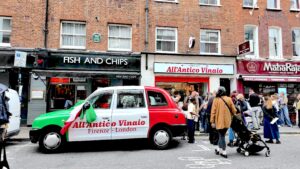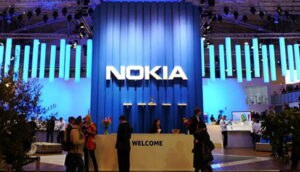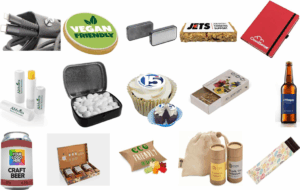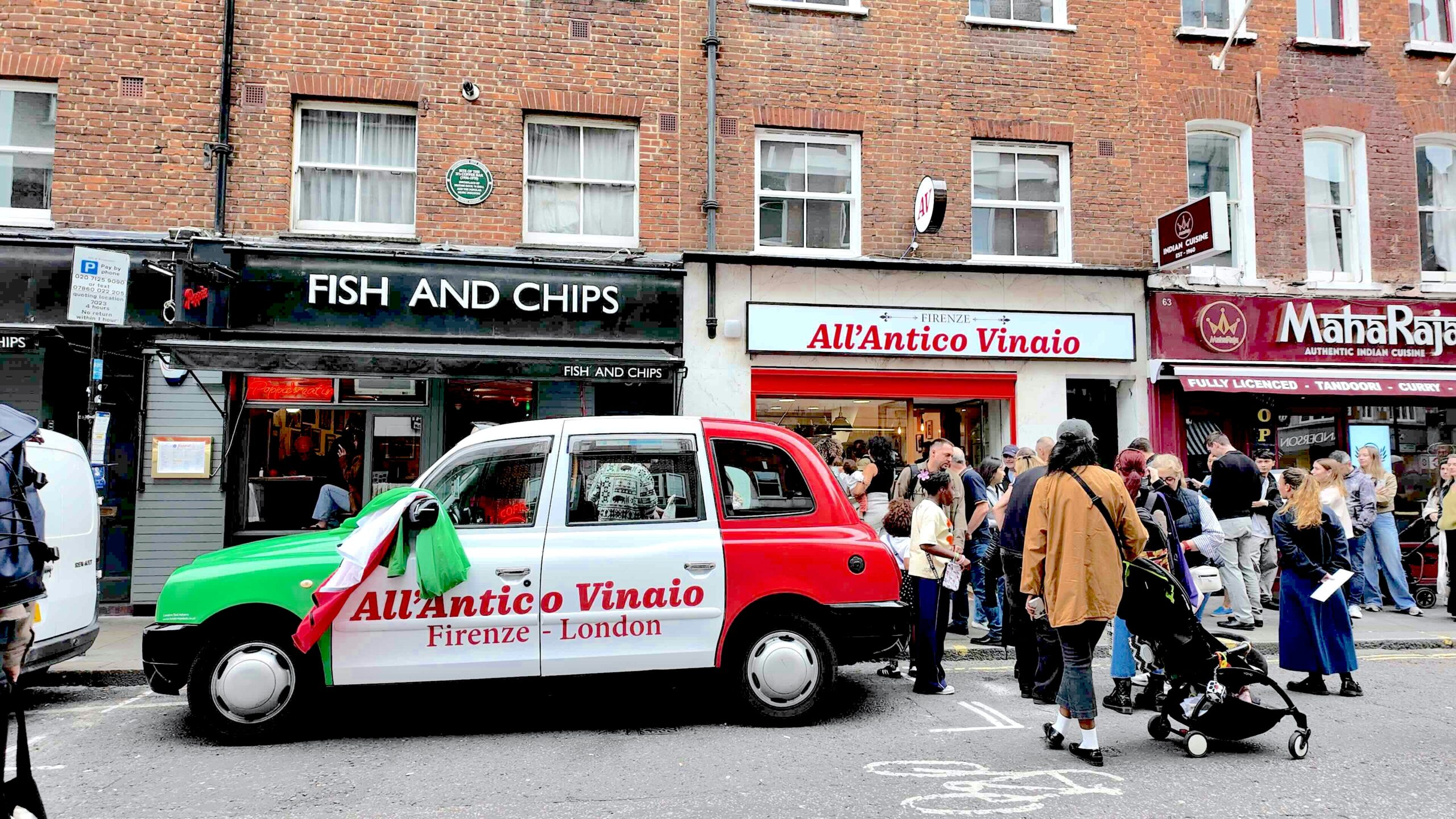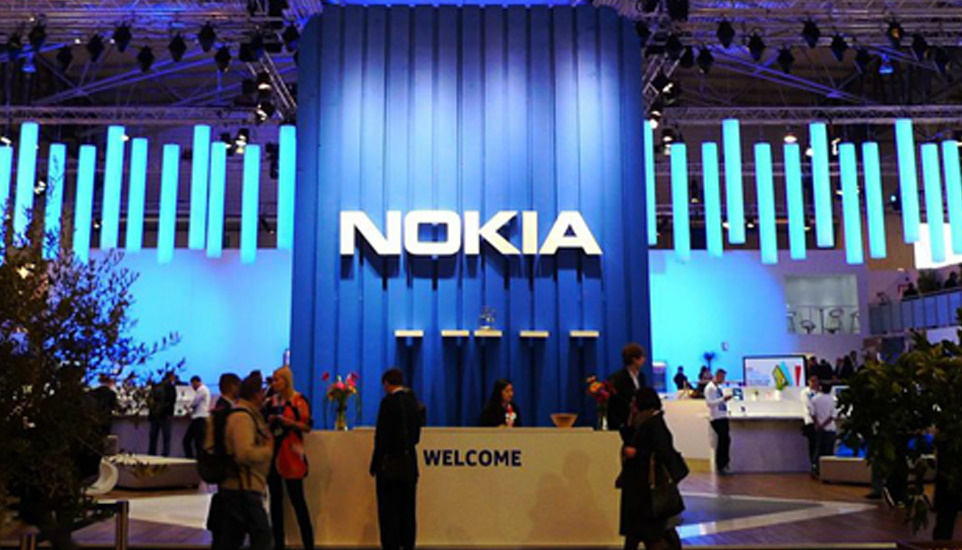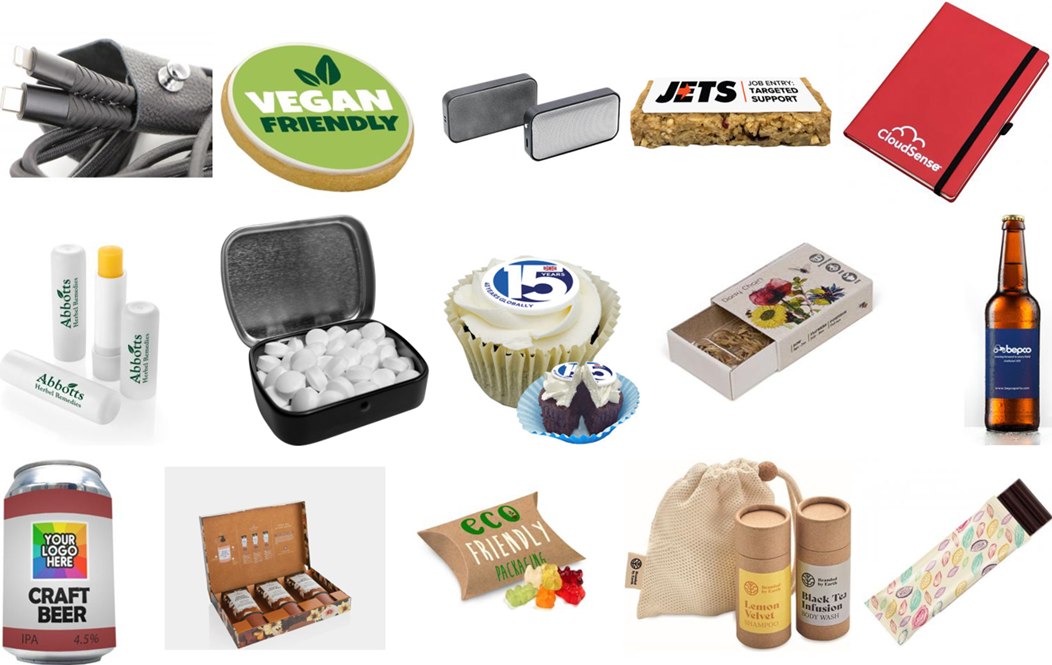Can we say goodbye to plastic promotional giveaways?
Just about every promotional product previously made from plastic now has an eco-friendly alternative
Introducing recycled plastic (rPET) and bioplastic promotional merchandise, compostable and biodegradable promotional items and promotional gifts made from other sustainable materials.
First, let’s understand what rPET means, PET is the chemical substance Polyethylene terephthalate, commonly known as polyester. Simply put, when it is prefixed with an “r” it means recycled polyester. Promotional bags, clothing, lanyards, caps, beanies, umbrellas etc. made from rPET are made from PET bottles (post-consumer or post-industrial plastic bottles and containers) that are melted down and re-spun in to recycled fibres, yarns and fabrics.

There are countless other promotional products also made from rPET now such as pens, folders, notebooks, powerbanks, drinks bottles, just about any product that historically has been made from plastic is now available in rPET (or a plant based eco alternative).
This all sounds encouraging, so why is new plastic/polyester still used at all?
Plastic cannot be recycled indefinitely without losing quality and strength, it degrades after one or two uses so it is still quite complex to design a recycled polyester product without the addition of new (virgin) plastic. The same piece of plastic can realistically only be recycled 2/3 times before the quality is such that it can no longer be used. Each time plastic is recycled; its polymer chain becomes shorter and in turn decreases the quality.
We know PET does not readily break down in the environment and in addition to its issues with biodegradability; PET may pose some toxicity risks. Greenpeace found that the more plastic is reused, the more toxic it becomes and so virgin rather than recycled plastic continues to be the preferred packaging for food and drink for its ability to provide an air, water and hygiene-tight barrier for perishable and easily-damaged goods. This helps prolong shelf life and reduce waste and with food waste being a huge contributor to carbon emissions, the use of plastic (for food packaging) is helpful in the fight against climate change.

Above products are all manufactured from recycled plastic (rPET): notebook; pens; power bank; drinks bottle; rucksack
Recycled plastic is appealing to consumer conscience. Even with the additional processes involved with recycling plastic, experts advise that rPET uses 79% fewer greenhouse emissions, less water and less energy than virgin PET and the carbon footprint of rPET is only 20% that of virgin PET: every kg of virgin PET produces 2.9kg of CO2 equivalent, while recycled PET produces only 620g of CO2 equivalent. The pressure from public opinion to improve sustainability has increased demand for recycled plastic causing concerns that demand will outstrip supply of rPET. Recycling plastic is an energy-intensive and costly process to collect, sort and clean. There are now thousands of different types of plastic, and none of them can be melted down together and many plastics have a chemical history that makes starting a new life challenging. The dyes and flame retardants that make them perfect for say, a sofa cushion or a bottle of detergent, make them tough to transform into a desirable end product.
In reality almost half of all UK plastic waste is incinerated for energy recovery, with 25 percent sent to landfills and just 12 percent recycled in UK reprocessing facilities. The remaining waste is shipped abroad. Plastic has a negative image because of poor consumer habits for discarding it and waste processing systems that are not good enough but plastic is an extremely useful material and without it, basic food preservation would not be possible. Until alternatives to virgin plastic pick up pace and given that it will be around for longer yet, we must look to reuse existing plastic products where possible and improve disposal of them when they reach the end of their useful life in a bid to help combat plastic pollution. Additionally, if we can source products made from a biodegradable material, it all helps.

Above products are all manufactured from biodegradable materials: sugar cane carrier bag; natural latex balloon; bamboo toothbrushes; maize starch sweet packaging, biodegradable cotton bag
There is a glimmer of hope; one of the most significant scientific solutions to plastic pollution to emerge in recent years is bioplastic. A plastic alternative comprised of materials produced from renewable biomass sources such as vegetable fats and oils, corn starch, straw, woodchips, sawdust or recycled food waste. Essentially, bioplastics are derived from compostable materials and therefore have a rapid biodegradation rate in the right conditions (sadly home composting does not reach high enough temperatures to break them down so quickly). Bioplastics have found their way in to the promotional gift industry. We offer confectionery in bioplastic bags and pots and bioplastic pens, sports bottles, charging cables, charging pads, power banks, Bluetooth speakers, computer mice, webcam covers, takeaway style cups, lunch boxes, drinking cups and carrier bags and new bioplastic merchandise is being launches frequently.
In addition to rPET and bio plastics there are many other sustainable material choices for promotional products such as cork, bamboo, stone paper, hemp, plant silk, jute, rice husks, coffee grounds, natural latex, recycled leather, recycled paper, card and cotton.

Above products are all manufactured from sustainable materials: bamboo cutlery set; cork travel cup; coffee grounds plant pot; rice husk tumblers; plant silk lanyards
For further information please contact [email protected] or our online catalogue can be browsed: www.cbgltd.co.uk
Find Services in YOUR Area
Promotional Merchandise
Company Profile
Find Services in YOUR Area
Promotional Merchandise
MCH HUBS
RECENT ARTICLES

